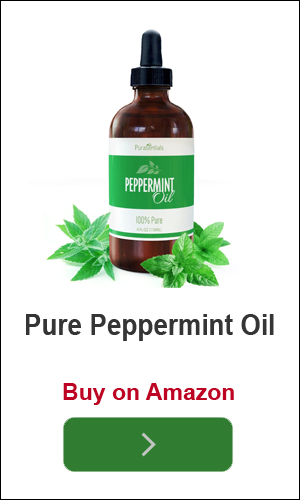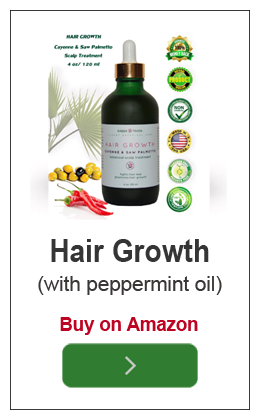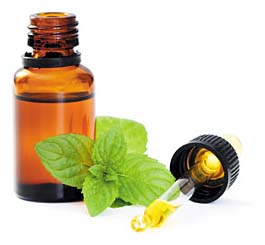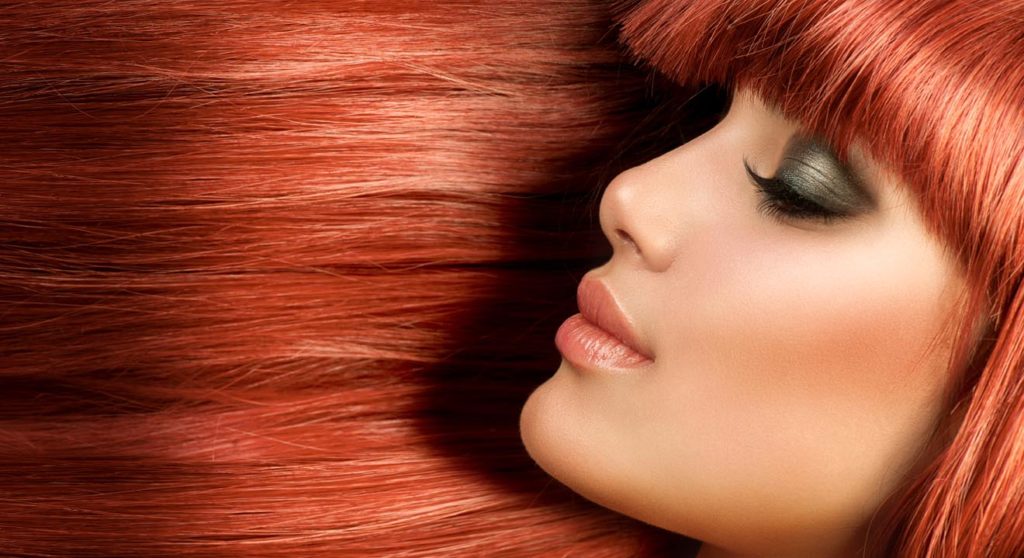
9 Things Your Hair Can Tell You About Your Health
Your hair can give you the best clues about your overall health.
Changes in your hair texture, thickness and overall look may reveal underlying hair and health conditions.
The revealing symptoms can be treated with hemp, avocado, and thyme.
Along with other oils and extracts, this sites favorite, avocado oil can be used to improve your hair and overall well being.
Your Hair Show Your Health?
1. Gray hair and stress
Sometimes, too much stress may make your hair go gray faster. This is because oxidative stress may result to exhaustion and loss of melanocyte cells and the hair follicles in that area may become white.
If you want to fight your gray hair and stress levels, you can begin by using herbal extracts such as rosemary, sage, lavender, sandalwood and jasmine oils, which are calming and therapeutic essential oils.
You can also use essential oils such as coconut oil on your hair and scalp or consume herbal teas and supplements to help reduce or reverse gray hair.
2. Hair loss and stress
It is normal to lose a few strands of hair daily. However, after a long stressful event, you may suffer huge hair loss problems.
You may notice visible shredding and bald spots on your scalp.
Fight your hair loss problems with more herbs such as algae extract, passionflower and mint.
Green tea and stinging nettle can arrest hair fall and improve hair texture.
3. Dry, thinning hair and thyroid problems
People with thyroid problems may experience thinning hair and changes in hair texture, making it coarse, dry and easily tangled.
A proper diagnosis can ascertain if your thinning hair and rapid hair loss loss is due to your low thyroid function.
If that’s the case, you can use some herbs such as bladder-wrack, lemon balm and bugleweed to improve your overall thyroid conditions, which can improve your hair and body health.
4. Hair shedding and anemia
A sudden loss of hair could be a sign of iron or vitamins deficiency.
The hair changes may mean your iron and vitamins stores are low and you are suffering from anemia.
Since anemia is a nutritional deficiency problem, treat the condition by supplying the essential nutrients to your body.
Natural herbs rich in iron, vitamins, potassium and folic acid mY help treat the deficiency.
Some of the herbs to use include parsley, aloevera, nettle and ginseng.
5. Flakes, dandruff and dietary deficiencies
Lack of nutrients, stress and eating some food types can increase the risk of dandruff in your hair and scalp.
Herbal treatments such as neem leaves, sage, tea tree oil and aloevera will not only repair your hair and scalp but also your body.
6. Dull hair and poor nutrition
The symptoms of poor nutrition can include dull, dry and lackluster hair because your body may be lacking important nutrients that boost your natural oils and healthy sheen.
Some herbs and extracts including sesame, olive oil, avocado and coconut can nourish, strengthen and restore your hair.
More Factors That Effect Hair Condition
The condition of our hair is determined by internal and external influences – such as hot irons, blow drying and brushing, teasing, sunlight and excessive use of the wrong styling products.
External factors can be characterized into either damaging the hair follicle permanently or damaging the hair shaft temporarily.
Permanent damage will change the hair follicle in a way that it will produce fine hairs or no hair at all, where temporary damage will only damage the hair shaft.
The fact is, however much you damage your hair shaft, the hair bulb will continue to produce healthy new hair from the roots.
However, there is some things hair and hair follicles can only take so much of, and that is excessive traction or pulling of the hair follicles from long term braiding, long term extensions or continuously pulling the hair up tightly, this will eventually lead to patchy baldness and thinning of the hair.
Once the production of the hair ceases, nothing can be done to reverse the process. This process does not happen overnight it may take many years for the baldness and thinning to occur and may go unnoticed, until it is too late.
The only action required is to stop pulling the hair tight at the root area or their will eventually be fine or no hair at all in that area.
7. Hair Damage From Chemical Processes
Hair can be damaged temporarily from a chemical process including bleaching, perming, coloring and permanent hair straightening.
Whether done at home or in the salon it is impossible to do these processes without weakening the hair’s chemical structure.
Although doing these services in a salon provides a much lower risk of damage to the hair.
However as long as the damage is only to the hair shaft and not to the hair follicle.
There is no reason why such damage should be avoided. Especially with today’s current hair color and hair straightening products. Being of excellent quality, they often leave the hair in better condition than before being treated.
8. Hair Damage From Sunlight
Excessive sun exposure to the hair can not only lead to bleaching but cause the hair to become dry and brittle and break.
The best ways to avoid such damage is to protect your hair by spraying it with a mixture of a good quality leave in hair moisturizer and a couple of drops of peppermint oil and cover with a hat or scarf.
Swimming in Chlorine or salt water pools has much the same effect on the hair as the sun, applying the above treatment to the hair can give a protected coating to prevent damage.
9. Helping Protect Damaged Hair
Deep conditioning hair treatments and oils can certainly help improve damage dull and brittle hair, this with cutting damaged hair to help prevent the ends from splitting further up the hair shaft are recommended.
5 Tips for Preventing Greasy Hair
Greasy hair is not a serious problem, but it is quite irritating and complicated to handle.
The hair becomes difficult to style because the oil keeps coming back soon after it is dry.
Finding one simple solution to permanently get rid of this problem is not easy, but you can try the following tips to prevent greasy hair.
1. Use the correct shampoo
Instead of using random variant of shampoo, try using a particular shampoo specifically manufactured for greasy hair. Some people will suggest you to frequently wash your hair with the shampoo, while others believe that frequent shampooing will only worsen the condition.
Either method can be effective depending on your condition, but you need to try each method to figure out one that suits you best.
Please put in mind that greasy hair is possibly caused by greasy scalp, while the hair is actually normal.
In this case, you need a shampoo for greasy scalp.
2. Avoid frequent touching
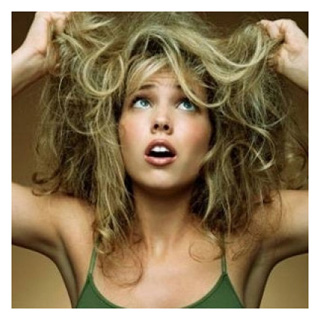
If you have greasy hair, avoid frequent touching or running your fingers through the hair.
This will stimulate hair follicles to produce more oil.
The same thing will happen of you brush your hair too often.
People with non-greasy hair should also avoid doing such things to prevent excessive oil production by hair follicles.
Scrubbing your scalp vigorously may also lead to greasy hair condition.
3. Avoid washing with hot water
Hot water can easily remove oil from the hair, but the scalp will immediately replenish it.
As a result, your hair turns greasy and difficult to comb. To prevent greasy hair, you should only wash your hair with cold or lukewarm water.
Apparently, going to bed with wet hair is also a possible cause. The hair will commonly lay flat in wet conditions.
Since the follicles keep on producing oil while you are sleeping, you hair will stay flat and greasy in the morning when you wake up.
4. Avoid bangs over your forehead
This type of haircut constantly allows the hair to touch the skin, which in turn will worsen greasy hair condition.
Your forehead is probably an oily zone, so such hairstyle makes the hair absorb oil from the skin.
5. Consult doctor if necessary
Greasy hair is probably a hormonal problem caused by excessive production of oil by the hair follicles.
Each follicle is attached with a sebum-producing gland called sebaceous gland.
Excessive oil production is actually a common hormonal problem associated with the intake of certain medications such as birth control pills or other drugs.
You should consult doctor concerning this problem to see if it is possible to change the medications.

